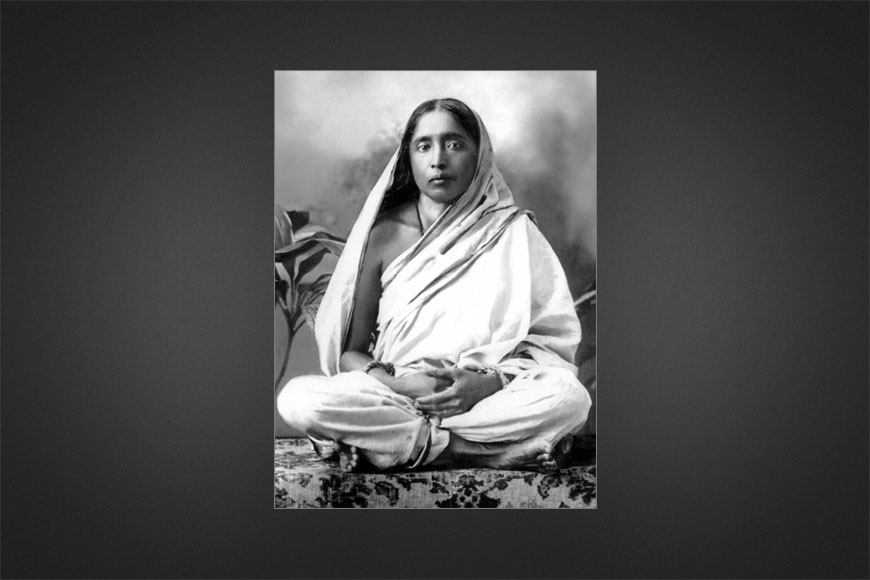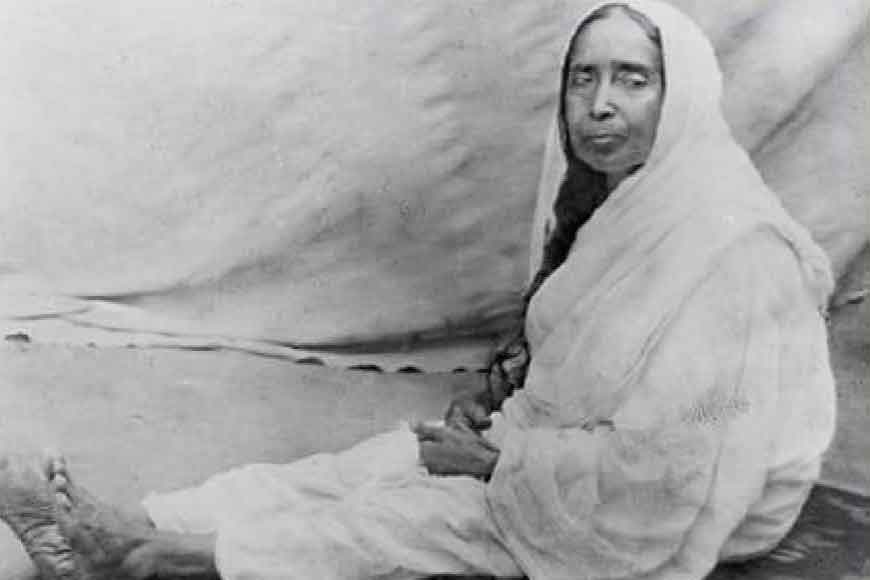On Ma Sarada Janma Jayanti, remembering one of the greatest feminist Sara Devi

Apparently, India has progressed, even sending missions to the moon. Unfortunately, our mindset hasn’t, and that’s why we still stop women from entering a kitchen or even a place of worship when she is menstruating. The whole reason being she is ‘impure.’ Menstruation is considered ‘dirty.’ But imagine in 19th century Bengal, Sarada Devi, who was a silent social reformer herself, other than being a constant source of inspiration for Ramakrishna Paramhansa and Swami Vivekananda, had proved through her own life how to protest against this menstrual cycle taboo.
Even today in many North Indian households women are not allowed to cook during menstruation as it is believed they would contaminate food! Long back in 19th century this taboo was observed almost in every household of India. But Sharada Ma paid no heed to such prejudices and was strongly supported by her husband to protest and prove through her own life that these were nothing but a taboo. During her menstruation, she used to worship God regularly and prepare food for Sri Ramakrishna.

In Smritikatha, Sarada Devi recalls such an incident. She says, “Thakur’s stomach was too vulnerable. I used to prepare shukto and jhol for him. But menstruation was considered ashuchi or impure in those days and thus women were not allowed to cook. I also in the beginning abstained.” But Ramakrishna told Sarada Debi in this context, “Who says cooking during menstruation is an impure act? How can the food prepared by you for me be impure? Which part of your body is impure? Your flesh, blood or bones? Purity lies within the mind and soul.”
This conversation was an eye-opener for Sarada Ma and should be an eye opener for any woman of modern India. She had also asked Thakur about offering her prayer to the Lord while menstruating to which Thakur said, “If the very thought of not offering your prayer to the Lord seems to disturb you, you should go ahead and offer your prayer.”
Thus was the enlightened visions of Ramakrishna Paramhansa and Sarada Ma. What they proved through their lives way back in the 19th century is unfortunately still not followed in









